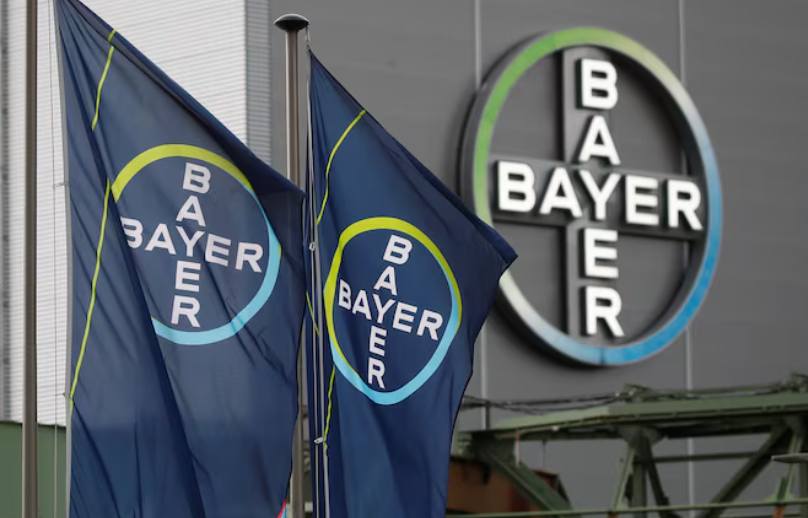Bayer (BAYGn.DE) won a significant legal victory in its ongoing effort to limit liability from claims that its Roundup weed killer causes cancer. On Thursday, a U.S. appeals court ruled that federal law protects the German company from a lawsuit filed by a Pennsylvania landscaper. Following the decision, Bayer’s shares surged as much as 13.2% in Friday trading in Germany, driven by optimism that the ruling could reduce much of the company’s remaining legal liabilities for Roundup, which is produced by its Monsanto unit.
The 3rd U.S. Circuit Court of Appeals in Philadelphia dismissed plaintiff David Schaffner’s claim that Monsanto violated state law by not including a cancer warning on Roundup’s label. Schaffner, who was diagnosed in 2006 with non-Hodgkin’s lymphoma—a common diagnosis among Roundup plaintiffs—along with his wife Theresa, sued Bayer in 2019, citing the impact his illness had on their relationship.
Chief Judge Michael Chagares, writing for a unanimous three-judge panel, stated that the Federal Insecticide, Fungicide, and Rodenticide Act mandates uniformity in pesticide labels nationwide, thereby preventing Pennsylvania from requiring a cancer warning.
The decision creates a division among courts, as federal appeals courts in San Francisco and Atlanta have ruled differently in similar cases. This split raises the possibility that the U.S. Supreme Court might resolve the issue if the Schaffners decide to appeal, potentially as soon as next year. While the Supreme Court is not obligated to hear the appeal, it often does so when lower courts are in disagreement.
Chip Becker, the Schaffners’ lawyer, expressed disappointment with the ruling and noted that his clients were considering their legal options, arguing that federal law should not override their failure-to-warn claim. Barclays analysts noted in a research report that “this ruling was not expected,” and Bayer believes a favorable Supreme Court decision “could bring glyphosate litigation to an end.”
The Supreme Court previously declined to hear Bayer’s appeal from the San Francisco decision. Bayer has until September 5 to appeal the Atlanta decision, according to court records. Bayer expressed satisfaction with Thursday’s ruling and anticipates presenting its arguments to the Supreme Court, asserting that the court should “settle this important issue of law.” The company has consistently maintained that Roundup and its active ingredient, glyphosate, are safe.
Bayer has faced extensive litigation over Roundup, with its share price dropping more than 73% since acquiring Monsanto for $63 billion in June 2018. The company settled much of the litigation for $10.9 billion in 2020 but still faces approximately 58,000 claims, while another 114,000 claims have been settled or dismissed. Although Bayer won 14 of 23 Roundup trials through July 23, one victory was overturned on appeal, and the losses have resulted in billions of dollars in damages awards.
The Schaffners settled with Bayer in September 2022, with the settlement contingent on Bayer’s inability to convince courts that federal law preempted Pennsylvania’s cancer warning. Chagares affirmed that federal law did preempt the state law, stating that this approach “best achieves Congress’s stated aim of uniformity in pesticide labeling.”
Roundup remains one of the most widely used weed killers in the United States, though Bayer phased out sales for home use last year. The case is Schaffner et al v. Monsanto Corp, 3rd U.S. Circuit Court of Appeals, No. 22-3075.

